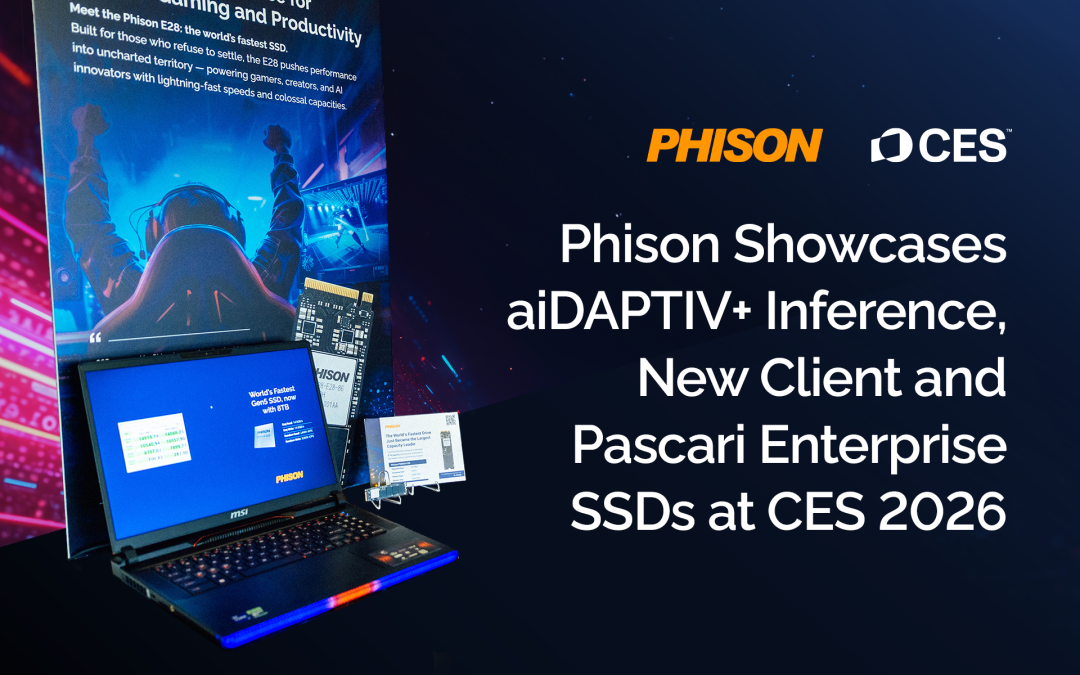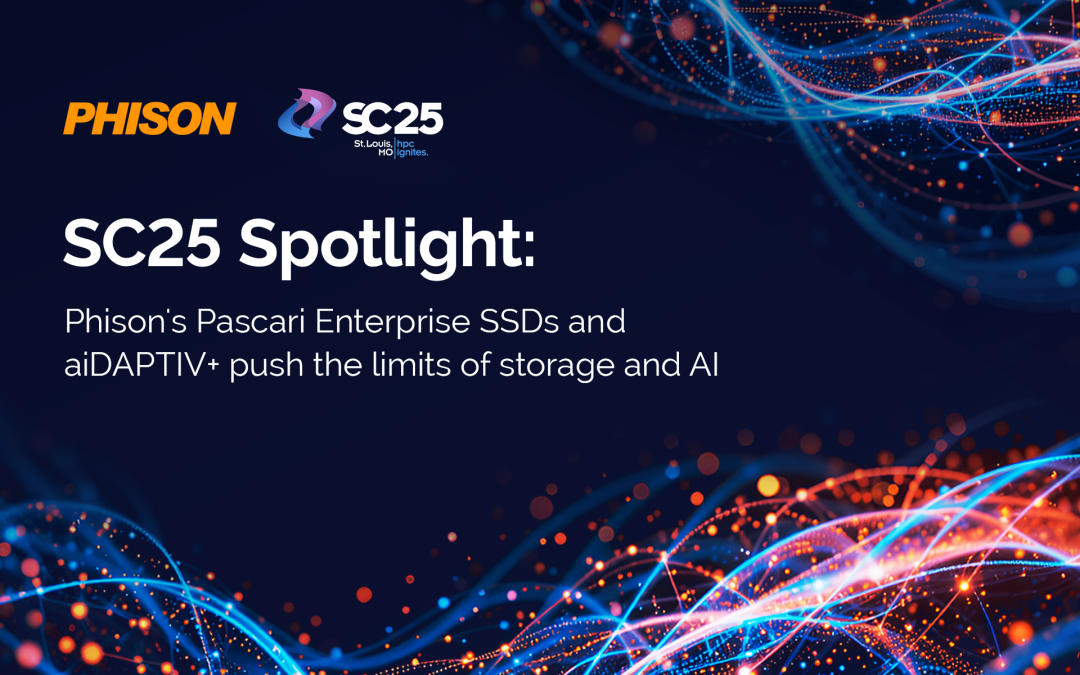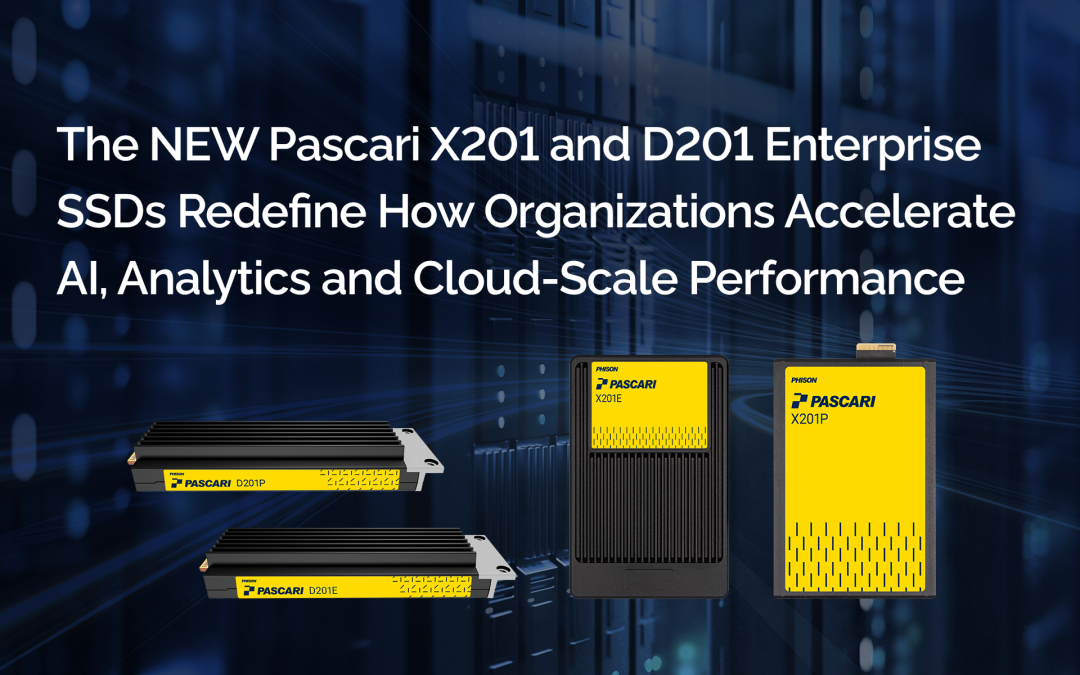As enterprises continue to undergo digital transformation, they are quickly realizing that their expanding volumes of data—as well as the data they’ve stored for years—have incredible potential and value. In fact, McKinsey reported that about two-thirds of decision makers say AI applications like machine learning, computer vision and natural language processing are now helping them increase profits and reach their goals.
Data is one of the most precious assets an organization can have today, thanks to advanced data analytics and other technologies such as artificial intelligence (AI) and machine learning. Using AI and data analytics, organizations can process data and gain deep, critical insights into operations, processes, services and more. These insights are based on connections and correlations between various sets of organizational information, such as sales records, customers’ social media posts, intraoffice communications, marketing initiatives and so on. AI-driven systems are able to identify patterns and relationships between those data sets that humans wouldn’t see.
With deep insights into their entire ecosystem, organizations can make better decisions in regard to virtually every aspect of the business, from employee incentives to seasonal advertising campaigns to sales processes to back-office operations and policies. AI and data analytics are powerful tools that can keep organizations competitive in today’s ever-evolving marketplace.
Let’s take a closer look at how some organizations are putting their data to good use.
Making more accurate predictions in healthcare
A newly funded program at the National Science Foundation aims to use AI to study longitudinal health data predictively. Accessing health data regularly collected during routine health checkups and other medical examinations and equipment, NSF scientists are developing algorithms to study the data longitudinally and in aggregate in order to make predictions based on identifiable patterns.
Scientists believe that they can use AI to develop more flexible modeling techniques for longitudinal data that can lead to more accurate complex correlations amid massive amounts of data with a large number of variables. Researchers believe the techniques being developed will be applicable to other fields such as economics, social sciences, education, life sciences, and more. The team intends to share the results publicly, as well as the software and data sets, so that other researchers can find diversified use cases for their work.
Improving decision making in education
The Nebraska Department of Education has developed a Statewide Longitudinal Data System to make sense of the exhaustive data collected from each school in the state. The system studies data in near real time to produce actionable intelligence from hundreds of data sources in order to help educators and administrators make better data-driven decisions.
The effort was accelerated by Covid-19. Educators urgently needed insights into how to better address student needs during lockdown and understand how they were engaging in remote learning and where education was taking place.
Cloud technology has enabled even better data collection practices and visibility for educators, and support for the innovative use of AI in education is strong as data networks become ever more complex. The UN’s education organization UNESCO has supported global agreements on the ethical use of AI in education, as well as founded a Global Education Coalition to study and advance the use of AI and data analytics to promote education equality and best practices worldwide.
Driving greater value in industrial farming
John Deere, the 186-year-old agricultural and industrial solutions provider, has seen its value more than double in the last three years alone. Underpinning and driving value of the company’s broad portfolio is a level of expertise in AI and robotics. John Deere invested in GPS technologies in the 90s when average folks were just figuring out that they could print out Mapquest results. The company realized early on that equipping its agricultural offerings with geospatial data capabilities could significantly improve efficiency and reduce waste in the fields.
In the decades since, the company has continued to operationalize data collected by a global network of agricultural facilities, refining techniques and innovating in precision, data-driven logistics. The approach to large-scale farming has been further advanced by the ongoing digitization of the physical world.
At CES in 2023, John Deere discussed the extraordinary innovations and efficiencies the company has introduced in order to heighten crop yields while significantly reducing food waste, Co2 emission and environmental issues associated with runoff into the water supply.
Advanced Phison solutions support AI-driven data analytics
Whether it’s medical research, global education or industrial farming, AI-based analytics requires an incredible amount of density and read/write performance from its data storage solutions. Phison excels in providing custom designs for edge deployments, multi-cloud networks and core data across its fully customizable IMAGIN+ platform.
In 20+ years of providing flash solutions, Phison has refined its solutions and R&D processes by investing the lion’s share of the company’s budget back into research and development, consistently at 80 percent. That investment in engineering infrastructure allows us to qual and quickly deliver bespoke flash platforms built to suit the specific needs of individual AI deployments.
It is difficult to stress the need for data performance and efficiency in the cloud-ubiquitous, edge-connected, AI-enabled world. Long-term investments in the infrastructure necessary to keep data engaged from edge to core is worth the effort, whether it’s in enabling more accurate medical predictions, making remote education more equitable or designing top-of-stack agricultural applications. For Phison, it’s chip-level data performance.
Frequently Asked Questions (FAQ) :
Why is storage performance critical for AI applications?
AI workloads, especially in training large models or analyzing vast datasets, require low-latency, high-throughput data storage. Systems must handle immense read/write operations without bottlenecks. Phison addresses this with controller-level innovation and edge-to-core customization.
How does Phison’s IMAGIN+ platform support AI infrastructure?
IMAGIN+ provides a fully customizable flash storage platform engineered for multi-cloud, edge, and centralized data environments. It’s built to meet enterprise-scale AI performance requirements, offering endurance, throughput, and form factor flexibility for OEM integration.
What is aiDAPTIV+ and how does it benefit AI teams?
aiDAPTIV+ is Phison’s end-to-end platform for training and fine-tuning large language models (LLMs). It allows organizations to deploy AI capabilities on-premises with lower costs than traditional AI infrastructure—ideal for teams that prioritize privacy, cost control, and custom tuning.
What makes Phison’s approach to R&D unique?
Phison reinvests 80% of its budget into research and development. This long-term focus enables consistent innovation at the controller level, which directly translates into performance and customization benefits for partners deploying AI and analytics systems.
Why should enterprises consider Phison for AI storage needs?
Phison offers AI-ready storage solutions that are co-designed for performance, reliability, and scalability. Whether for training AI models or deploying real-time analytics at the edge, Phison delivers hardware-level efficiency that reduces total cost of ownership and improves deployment agility.











